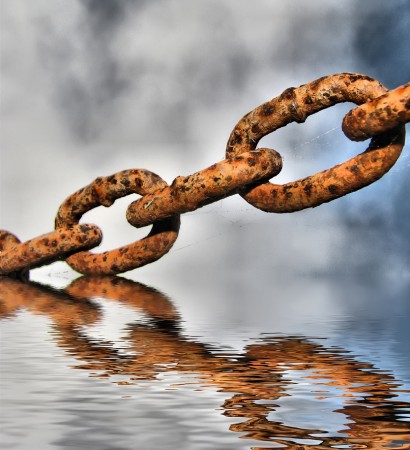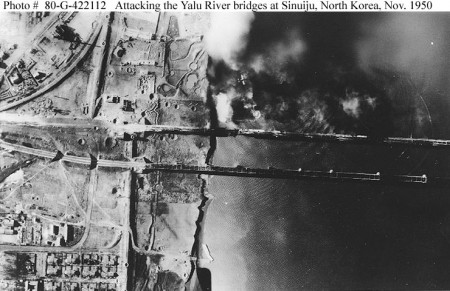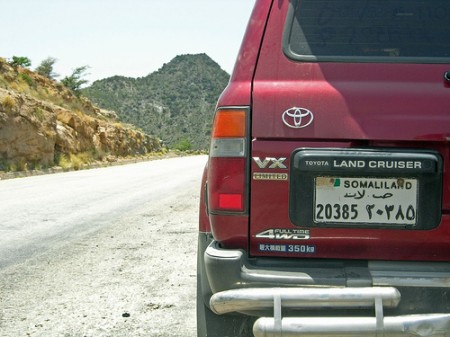
The Franco-African relationship is alive – but is it well? This week the ISN takes a closer look at France’s postcolonial ties with its former African colonies 50 years after independence.
This ISN Special Report contains the following content:
- An Analysis by Jennifer Brea about the unique colonial and postcolonial history between France and its former African colonies that shapes relations to this day.
- A Podcast interview with Dr Elisio Macamo examines what he perceives as a French withdrawal from francafrique.
- Security Watch articles about the burgeoning drug trade in West Africa and the threat that corruption and graft hold over many francophone African countries.
- Publications housed in our Digital Library, including US Congressional Research Reports on the influence of the ICC in the former French colonies and Guinea’s new transitional government.
- Primary Resources, like French President Nicolas Sarkozy’s infamous 2007 address at the University of Cheikh Anta Diop in Dakar, Senegal.
- Links to relevant websites, such as FRANCE 24’s look at each of the 17 sub-Saharan African nations that gained independence in 1960.
- Our IR Directory, featuring the locally based International Relations Institute of Cameroon.



